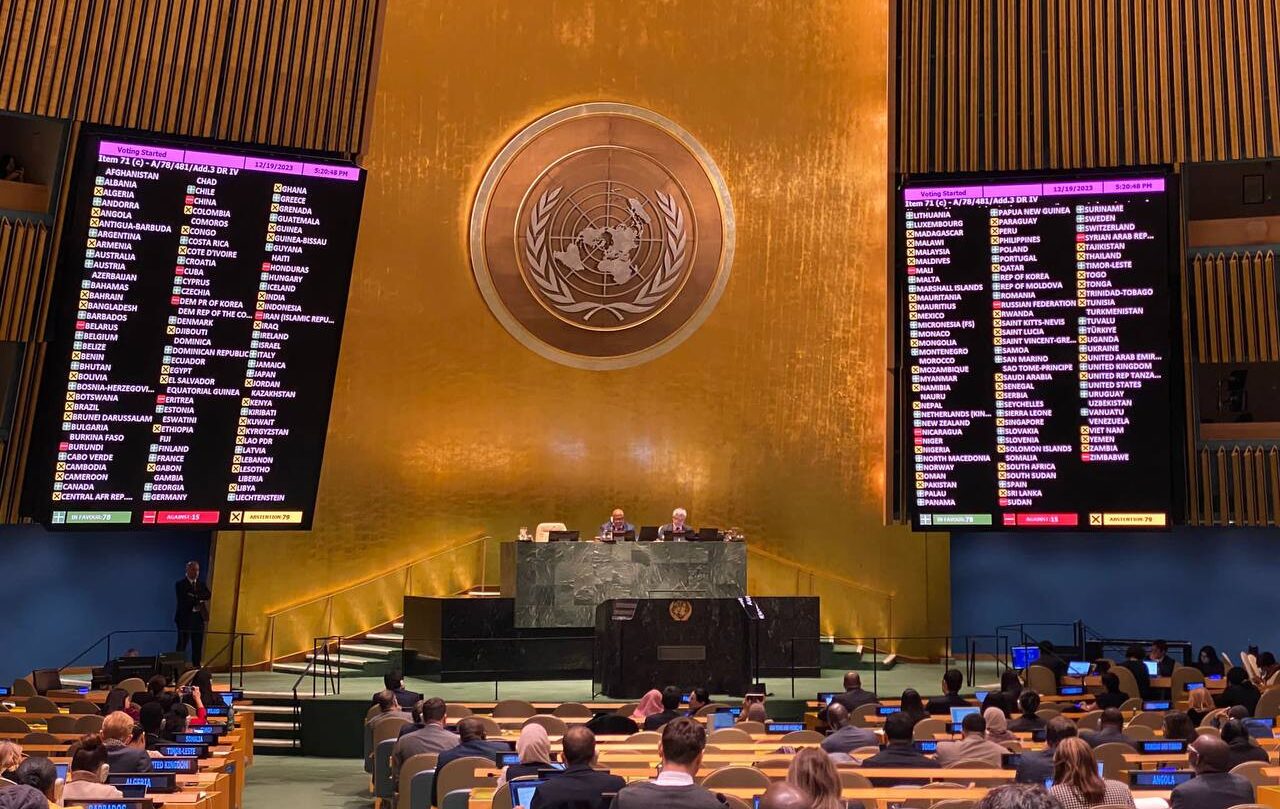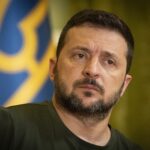Today let’s talk about an important document adopted by the UN General Assembly – the “Future Pact.” This is a declaration aimed at making our world safer, more sustainable, and more peaceful for future generations. Sounds ambitious, right? But there are nuances – some countries, including Russia, did not support this document. So let’s figure out what happened and what this “Future Pact” means.
What is the “Future Pact”?
Let’s start with the main point. The “Future Pact” is a declaration signed by the majority of UN countries. Its aim is to protect the future of our planet and make the world more inclusive and safe for everyone. Signatories have committed to accelerating the resolution of global issues such as climate change, engaging youth in decision-making, and strengthening international cooperation.
Sounds cool, right? But not everything is so simple, as among those who opposed it were Russia, Iran, North Korea, and Syria. They proposed amendments to the declaration that could have limited the role of civil society and the private sector in making important decisions. But these amendments were rejected, and the “Future Pact” was adopted without them.
What does it entail?
Now let’s delve into what the UN member states promise.
The main commitments are:
- Combatting climate change – states have agreed to accelerate the implementation of the Paris Agreement. This means more efforts to reduce emissions and transition to green energy.
- Engaging youth – yes, youth should now be not just listeners but active participants in decision-making. This involves engaging young people at both national and global levels.
- Strong partnerships – the UN commits to further collaborate with civil society, businesses, and local authorities.
- Peace and Inclusivity – states will double their efforts to create peaceful, inclusive, and just societies and work on addressing the root causes of conflicts.
- Protection of Civilians in Times of War – countries must enhance the protection of civilian persons in armed conflicts to minimize losses among the civilian population.
- Women’s Rights and Security – the declaration also stresses the importance of supporting the role of women in peaceful processes and strengthening their protection during wartime.
Why Is Russia Opposed?
Now, a logical question arises: why have some countries, including Russia, not supported this “Pact for the Future”? The issue lies in the amendment they sought to make, which stated that the UN cannot interfere in the national sovereignty of countries. Essentially, this would have allowed these states to avoid international responsibility for their actions. In other words, they wanted to avoid the influence of civil society in decision-making.
Countries like Russia, engaged in a war against Ukraine, are obviously not interested in the international community actively intervening in their “internal affairs.” Therefore, it is not surprising that they opposed it.
Implications for Ukraine
Interestingly, the “Pact for the Future” includes important aspects that directly concern Ukraine.
- Firstly, strengthening the protection of civilians in times of war is an extremely relevant issue, considering Russia’s aggression.
- Secondly, engaging youth and strengthening civil society are factors that can help Ukraine in post-war reconstruction and implementation of democratic reforms.
Additionally, commitments to combating climate change are also important for our country, as environmental issues have not disappeared despite the war.
Reassessing Relations with Russia
And one more interesting detail: President of France Emmanuel Macron stated that Europe should rethink its relationship with Russia after its attack on Ukraine. This once again confirms that Moscow’s policy is shifting the balance of power in the world, and the West is increasingly moving away from dialogue with Russia.
Therefore, “The Pact for the Future” is not just a declaration. It is an ambitious plan for many years ahead, aimed at making our world a better place for everyone. Of course, not everyone is ready for such changes, and countries like Russia are trying to maintain control over the situation. But the most important thing is that the majority of countries in the world support this course.
What do you think, will the UN be able to implement these plans? Write in the comments.


